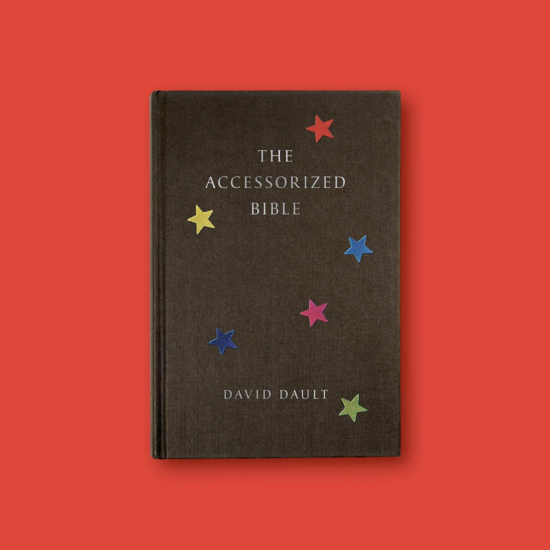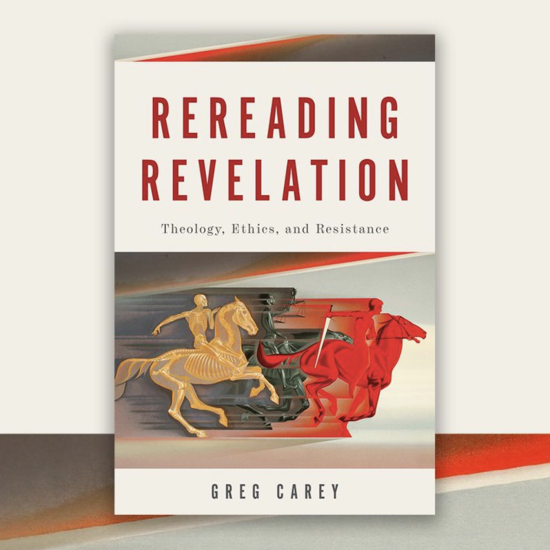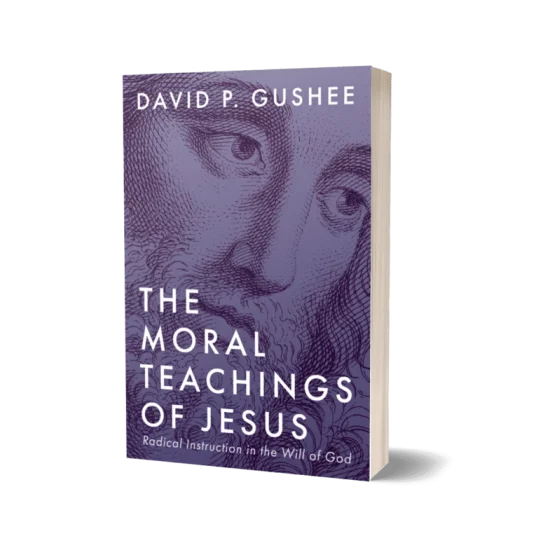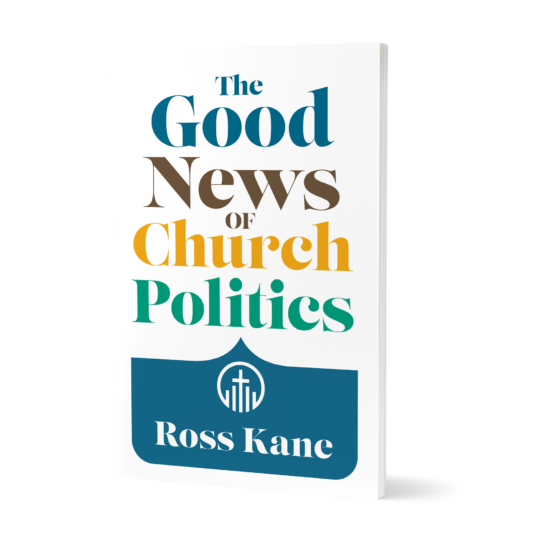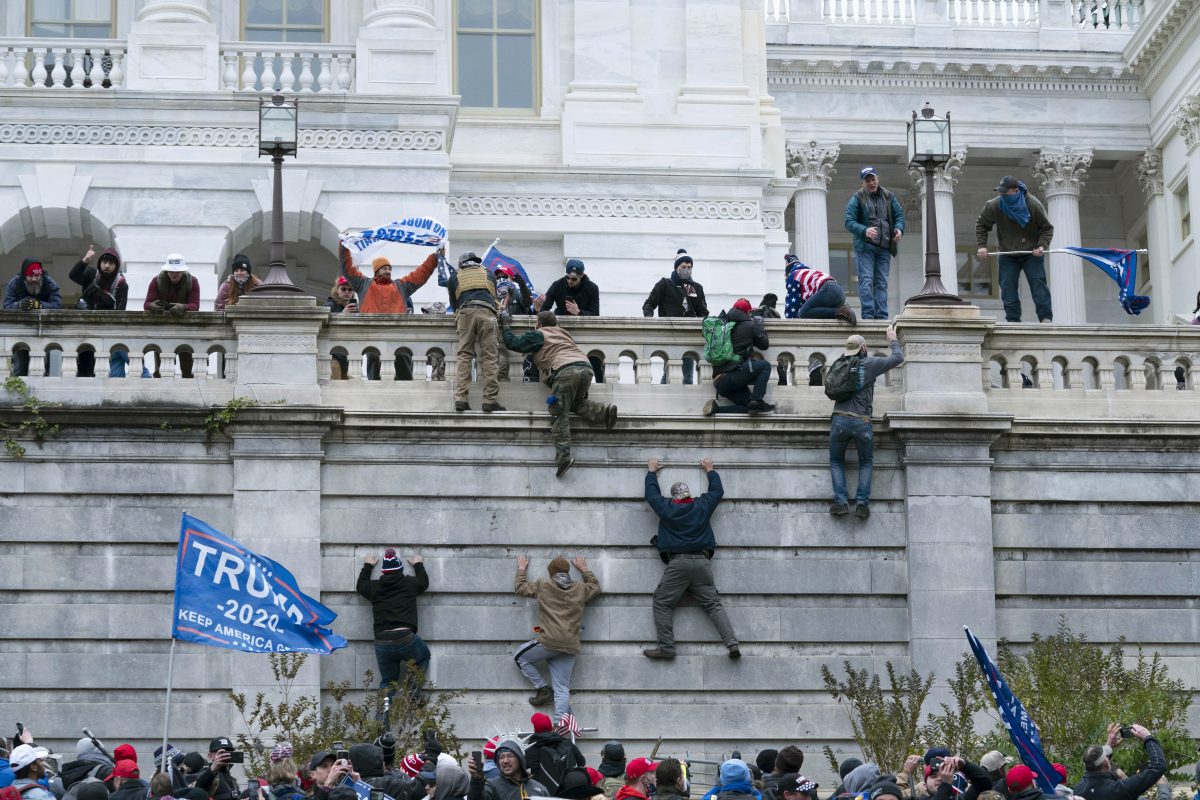
(RNS) — The recent events at the U.S. Capitol show in a dramatic way how much our society needs truth-tellers to report illegitimate actions they observe in public and private workplaces. Even as relative calm has returned to Washington, the call for moral courage is no less urgent.
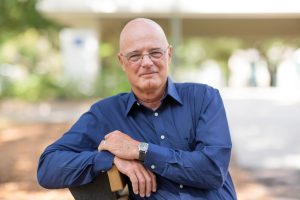
Author and speaker Brian McLaren. (Hannah Davis/Wild Artistry Photography)
In government circles, truth-tellers are known as “whistleblowers, but it’s fitting that they are also otherwise known as “prophets at work” because like prophets, a single individual can become a powerful agent of change. Whistleblowers help bring accountability, stability, and justice when things go deeply wrong. These modern-day Davids v. Goliath have saved lives and institutions, not to mention huge amounts of tax dollars.
But the challenges whistleblowers face are complex. They may face reprisal to destroy the messenger, deflect alleged misconduct, and deter other employees from speaking up. Some are motivated by faith and need spiritual, psychological, and emotional care; often they need legal support and even physical protection. They will see their relationships tested at work and even in their faith communities. Giving the right advice early can save a lot of heartache.
Faith communities have a role in supporting these truth-tellers. Our congregations and pews are filled with employees of federal, state, and municipal agencies — law enforcement, scientists, essential workers, politicians, policy experts, government contractors, and more. Our clergy, bound by strict legal and moral confidentiality, serve as important trusted confidants and advisers to potential whistleblowers. Despite this fact, we do little to prepare our clergy for this complex job.
I know because when I was a pastor, a member of my church, a government expert, witnessed a serious falsehood in his job. He had privately briefed a highly placed government official on an important matter, and later that day, he watched that official go public with a serious misrepresentation of that briefing. When he went to his supervisor, his supervisor refused to speak up. When he came to me for guidance, I listened, but there was no manual for how to guide a would-be government whistleblower through such a fraught situation.
Now, however, the nonpartisan Government Accountability Project has developed whistleblower resources tailored to the broad faith community to provide spiritual care with safe and informed counsel. This project, Bearing Witness, is a part of its Democracy Protection Initiative.
Bearing Witness offers a “theology of just work,” a moral framework that affirms our best efforts, highest motives and allegiance to fairness and truth during those 40-plus hours we spend at work each week.
This Just Work framework publicly affirms workplace whistleblowers as voices of critical importance. It advocates for fair wages and safe working conditions; it asks us to treat all our fellow workers with the respect we would want to receive; to be fair and honest and sure that the goods and services we provide are worth what we charge for them.
Speaking the truth about our work and supporting those who do is no less a part of just work. If not for them, far too many crimes, injustices and cover-ups would remain hidden. I am reminded of the cautionary words of C.S. Lewis: “The greatest evil is now conceived and ordered in clean, carpeted, warmed and well-lighted offices, by quiet men with white collars and cut fingernails and smooth-shaven cheeks who do not need to raise their voices.”
Imagine that you just witnessed serious wrongdoing at work — misappropriation of funds, a violation of a law, harassment, fraud, deceit or some other form of corruption. What would you do? Would you allow yourself to be pressured into silence? Would you courageously face personal repercussions or professional retaliation? Would you simply be paralyzed, not knowing what to do or how?
Would you have the support of your faith community behind you? Perhaps never have these questions been more important.
If we stir our own moral courage to prepare and support whistleblowers, we will be partners in our quest for a healthier democracy.
Brian D. McLaren is a best-selling author, speaker, activist and an Auburn Senior Fellow. He is the author of over 20 books, including the just released Faith After Doubt. Follow him on Twitter: @brianmclaren.

